
January is a time for clearing out the old to make way for a new you. For many that means turning to self-help books.
But with so many to choose from it can be overwhelming, trying to find the right advice and trusted experts.
Here’s our pick of the best.
The Right Carb: How To Enjoy Carbs With Over 50 Simple, Nutritious Recipes For Good Health by Nicola Graimes (Pavilion, £9.99, published Jan 7)
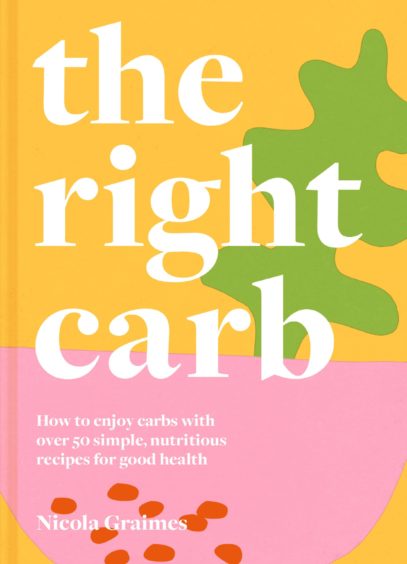
Thanks to diet culture, carbs have gained a bit of a bad rep in recent years. If you don’t fancy spending your new year miserably chowing down on salad leaves, this collection of delicious, comforting recipes will see you through the darkest days of January with plenty of guilt-free grub on your plate.
Using the latest scientific evidence, author Nicola Graimes explains how eating the right carbs in moderate amounts is the key to good health – providing energy, improving digestion and mood, as well as aiding sleep.
Clean 7: Supercharge The Body’s Natural Ability To Heal Itself by Alejandro Junger (HarperOne, £12.99, out now)
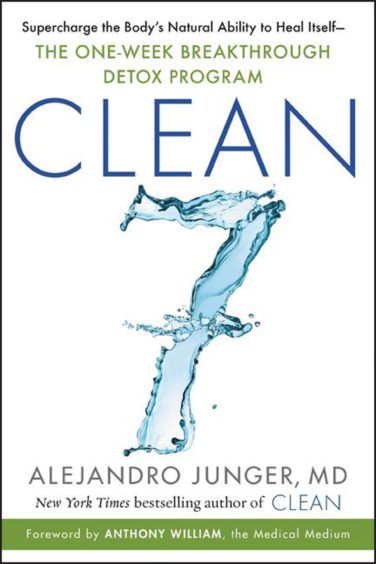
Whether you’re a fan of alternative medicine or you think it’s all just woo-woo, LA cardiologist Alejandro Junger’s latest book is a fascinating deep dive into the suggested benefits of functional medicine, Ayurvedic medicine and intermittent fasting.
The author argues that while each one of these practices can have positive effects, the combination of all three can have a healing effect on the body in the long-term. Includes a seven-day program which claims to help rid the body of toxins.
The Plant Power Doctor: A Simple Prescription For A Healthier You by Dr Gemma Newman (Ebury, £16.99, published Jan 7)
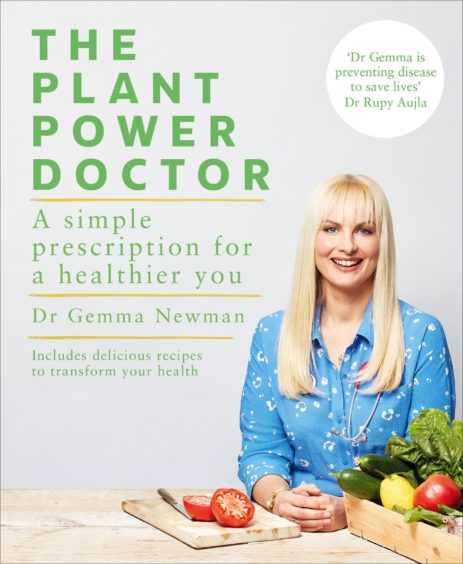
Thinking of giving Veganuary a go? GP Gemma Newman shares simple tips for making the switch to a greener plate, while explaining the science that shows how eating more plants is linked with improved health and wellbeing.
Newman also divulges how plant-powered eating has had a transformative effect on her own life, and gives the lowdown on how switching up your diet can lower your risk of heart disease, cancer, type 2 diabetes, high cholesterol and obesity.
The Energy Equation: From The Naked Ape To The Knackered Ape by Dr Sarah Myhill and Craig Robinson (Hammersmith, £12.99, published Jan 20)
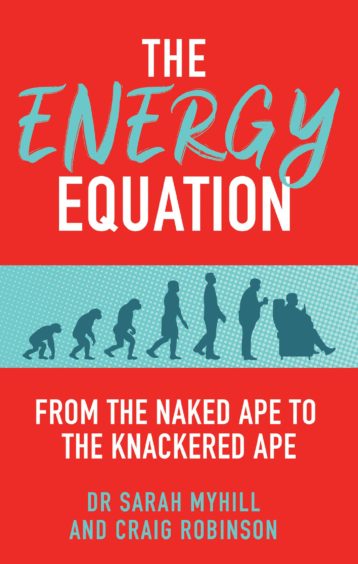
After an emotionally taxing year, many of us will be finding ourselves feeling tired and drained. Whether you’re a student, office worker or full-time parent, this handy self-help book explains how we can all find more energy as the new year swings around.
Former GP Sarah Myhill uses her expertise in treating patients with chronic fatigue syndrome and ME, applying the same principles of balancing energy generation with energy use, to help banish that constantly tired feeling.
The Japanese Guide To Healthy Drinking: Advice From A Saké-loving Doctor On How Alcohol Can Be Good For You by Kaori Haishi and Dr Sinichi Asabe (Robinson, £14.99, out now)
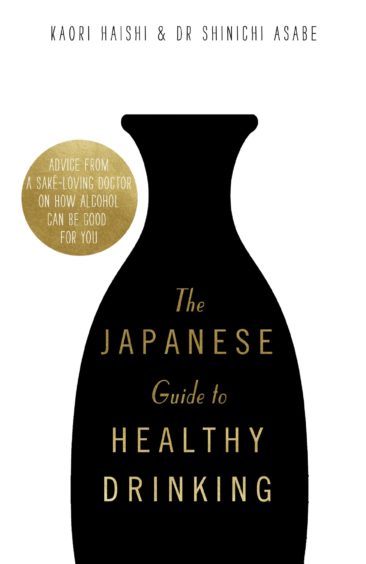
Many of us love to relax with a glass of wine in the evening, but it’s well known that alcohol is associated with health risks.
This science-driven book, already a huge hit in Japan, looks at how you can approach booze in a way that doesn’t sabotage your health.
Written by journalist Kaori Haishi, alongside liver specialist Dr Shinichi Asabe, the guide interviews 25 physicians, including a sleep specialist who explains how regular nightcaps can cause depression.
Keep Sharp: How To Build A Better Brain At Any Age by Dr Sanjay Gupta (Headline Home, £14.99, published Jan 5)
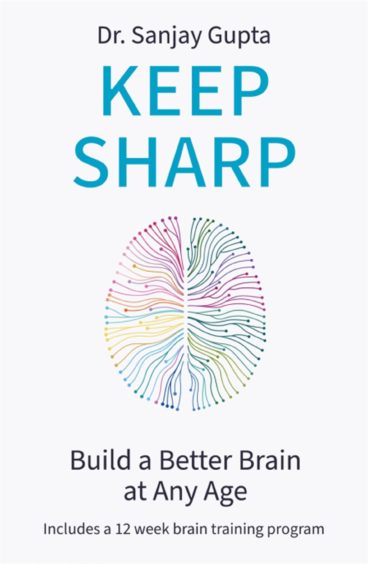
Keep Sharp looks at the lessons we can learn from so-called “super brained” people in their 80s and 90s, while debunking some common myths about ageing and cognitive decline.
Dr Sanjay Gupta explores whether there’s an optimal diet or lifestyle for keeping the brain in good health as we age, as well as some of the changes we can make to avoid brain disease, particularly Alzheimer’s. The book also provides a personalised 12-week programme with tips and tricks to boost the brain.
Feel Great Lose Weight: Long Term, Simple Habits For Lasting And Sustainable Weight Loss by Dr Rangan Chatterjee (Penguin Books, £16.99, out now)
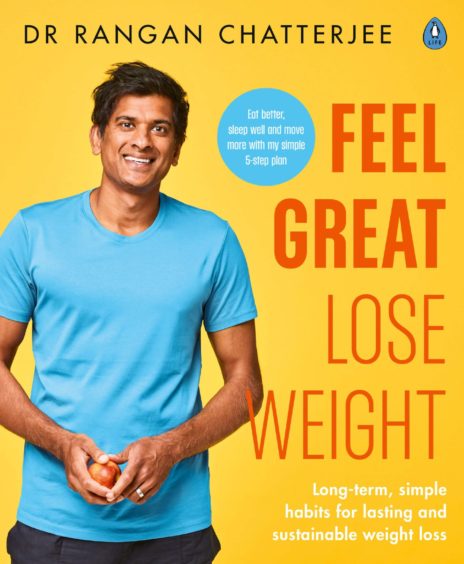
TV doctor and podcaster Rangan Chatterjee is back with another healthy living bible, this time focusing on a conscious, long-lasting approach to weight loss. With 20 years of experience as a GP, Chatterjee helps readers get to the root cause of their weight gain, nourish their body with whole foods and build techniques for keeping the pounds off in a healthy, sustainable way.
If you’re looking for a safe, medically-approved and gentle approach to weight loss that doesn’t involve crash diets, this is one to read in the new year.
The New Rules Of Ageing Well by Frank Lipman and Danielle Claro (published in hardback by Workman, £18.99)
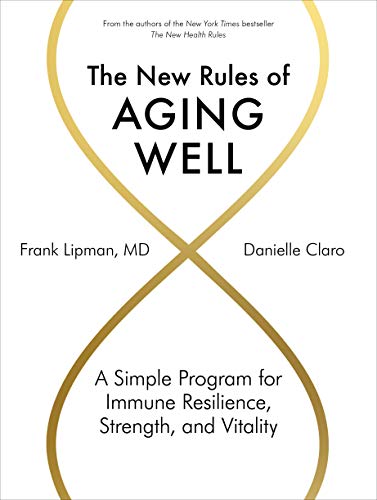
From the New York Times bestselling authors of The New Health Rules, comes this simple but fascinating guide to achieving better immune resilience, strength and vitality at any age.
Lipman has years of experience practising integrative medicine. His mantra is: “The ordinary choices you make everyday can have an extraordinary affect.”
The book is split into seven “levels” which cover food, habits, fitness and rest.
The tips are incredibly easy to build into your day, such as a microburst of physical activity which he says can “create a positive biological response” can be done while walking your dog and protecting your “microbiome” – gut bacteria – can be as simple as flossing your teeth.

Enjoy the convenience of having The Sunday Post delivered as a digital ePaper straight to your smartphone, tablet or computer.
Subscribe for only £5.49 a month and enjoy all the benefits of the printed paper as a digital replica.
Subscribe